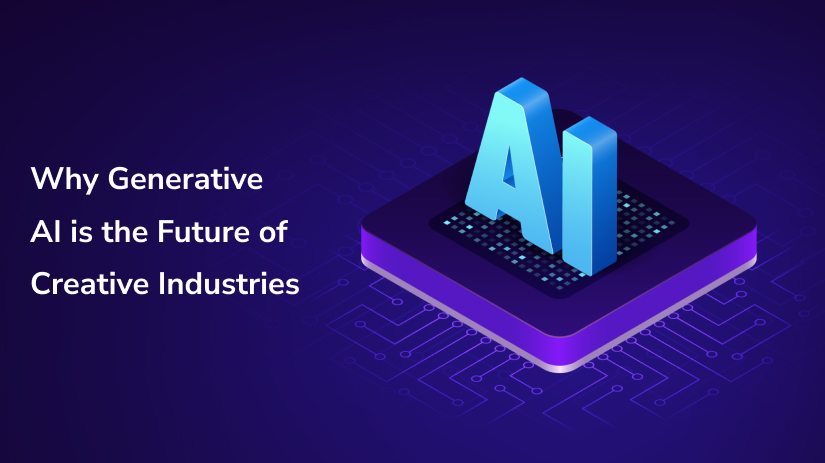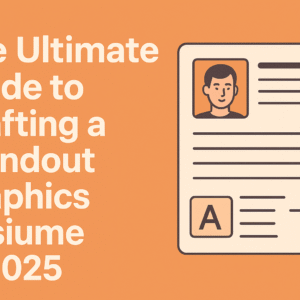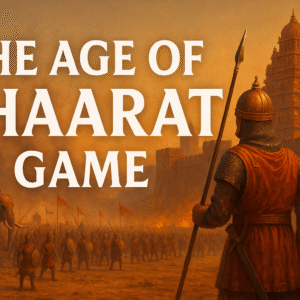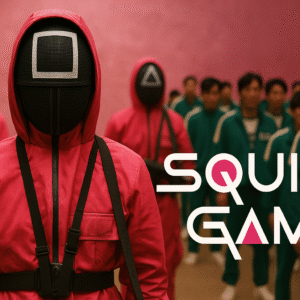The Story of Bob and His Unexpected AI Assistant

What is Generative AI?
If you’re imagining robots sitting in a dark room writing poetry, you’re… surprisingly close.
Generative AI refers to artificial intelligence models that can create content—be it text, images, music, videos, or even entire software codes—based on patterns they learn from existing data. Unlike traditional AI, which analyzes and classifies, generative AI produces original work.
Think of it as a digital Picasso, Shakespeare, and Mozart all rolled into one—except it doesn’t need coffee breaks.
Meet Bob. Bob is an overworked marketing manager who just got assigned to write 20 blog posts by the end of the week. His response? A slow, dramatic slide under his desk.
Just as he’s about to fake a Wi-Fi outage and flee the office, his tech-savvy intern, Lily, waltzes in and says, “Bob, why don’t you let AI do the hard work?”
Skeptical but desperate, Bob tries ChatGPT for the first time. Within minutes, the AI generates a compelling article draft, complete with jokes, engaging subheadings, and even a click-worthy title. Bob’s jaw drops. “Wait… does this mean I can actually go home on time?”
Ladies and gentlemen, welcome to the era of Generative AI, where machines don’t just crunch numbers—they write, design, and even make jokes (some better than Bob’s, let’s be honest).
How Does It Work?
At the heart of generative AI lies a deep learning model called a transformer (not the kind that turns into cars). These models, like OpenAI’s GPT-4, Google’s Gemini, and Meta’s Llama, use neural networks to process billions of data points and generate human-like responses.
Key technologies that power generative AI:
✔️ Natural Language Processing (NLP) – Enables AI to understand and generate text like a human.
✔️ Computer Vision – Helps AI create realistic images and videos.
✔️ Neural Networks – Mimics human brain connections to improve learning and output.
How Generative AI is Revolutionizing Industries
Content Creation: AI, the Ultimate Storyteller
For writers, bloggers, and journalists, generative AI is like a magical typewriter. Tools like ChatGPT, Jasper, and Writesonic help businesses generate marketing copy, blog posts, and even entire books (AI-written bestsellers coming soon!).
Fun fact: The first AI-generated book, “1 the Road,” was written by a neural network while simulating a road trip. No snacks required.
Impact:
✅ Saves time on writing and brainstorming.
✅ Improves productivity for content creators.
✅ Assists in multilingual content generation.
Visual Arts: AI as the New Picasso
Generative AI tools like DALL·E 3, MidJourney, and Stable Diffusion can turn text prompts into stunning images in seconds. Graphic designers no longer need to suffer through “Can you make the logo bigger?” emails—AI can do it for them.
Impact:
✅ Quick generation of logos, artwork, and concept designs.
✅ Enhances creativity with AI-assisted image editing.
✅ Helps companies with branding by generating unique visuals.
Music & Film: AI-Generated Hits & Hollywood Magic
From AI-generated music (hello, AIVA and Amper Music) to deepfake technology bringing historical figures back to life (Napoleon reacting to TikTok trends?), AI is shaking up entertainment.
AI can even de-age actors, create realistic CGI characters, and assist in screenwriting (watch out, Hollywood writers!).
Impact:
✅ Helps musicians compose new songs.
✅ Automates video editing for content creators.
✅ Enhances special effects in movies.
Software Development: AI as Your New Coding Buddy
Programmers, rejoice! GitHub Copilot and Tabnine use generative AI to assist with coding, suggesting entire functions and fixing bugs automatically. AI is basically the intern that actually does work.
Impact:
✅ Reduces coding errors.
✅ Speeds up software development.
✅ Assists beginners in learning to code.
Healthcare: AI, the Virtual Doctor
Doctors can now use AI to generate medical reports, predict disease outbreaks, and even create personalized treatment plans. AI-powered chatbots like Google’s Med-PaLM 2 assist in answering medical queries.
Doctor: “Your results will be ready in a few weeks.”
AI: “Nah, here they are right now.”
Impact:
✅ Faster and more accurate diagnostics.
✅ Reduces workload for healthcare professionals.
✅ Provides better patient care with AI-assisted research.
The Ethical Dilemma: AI’s Power vs. Responsibility
Of course, with great AI power comes great responsibility (yes, we just quoted Spider-Man).
Job Displacement Concerns
While AI boosts efficiency, some worry about job automation. However, history shows that technology often creates new job opportunities rather than eliminating them.
Deepfake & Misinformation Risks
AI-generated fake videos and false information can be problematic (looking at you, deepfake Tom Cruise). Governments are now working on AI regulations to prevent misuse.
AI Bias & Ethics
AI is only as good as the data it’s trained on. If trained on biased data, AI can produce biased results—which is why transparency and ethical AI training are crucial.
The Future of Generative AI: What’s Next?
So, where do we go from here?
- AI that understands emotions – Future models might detect emotions and generate more empathetic responses.
- AI-powered virtual assistants – Imagine an AI that not only schedules your meetings but also reminds you not to eat pizza three nights in a row.
- More human-like creativity – AI-generated novels, full-length movies, and even stand-up comedy specials could become mainstream.
Final Thoughts: Should You Fear AI or Befriend It?
If you’re still on the fence about AI, just remember Bob. He went from stressed-out employee to office hero, all because he embraced generative AI.
Generative AI isn’t here to replace us—it’s here to enhance our creativity and productivity. Whether you’re a writer, designer, musician, or even a business owner, AI can be the sidekick that helps you get more done (without the overtime).
So, the next time you have writer’s block or need a new business logo, just remember: AI’s got your back. And who knows? Maybe one day, AI will write its own autobiography—“I, AI: The Memoirs of a Machine.”
Would you read it?
4o



Leave a Reply